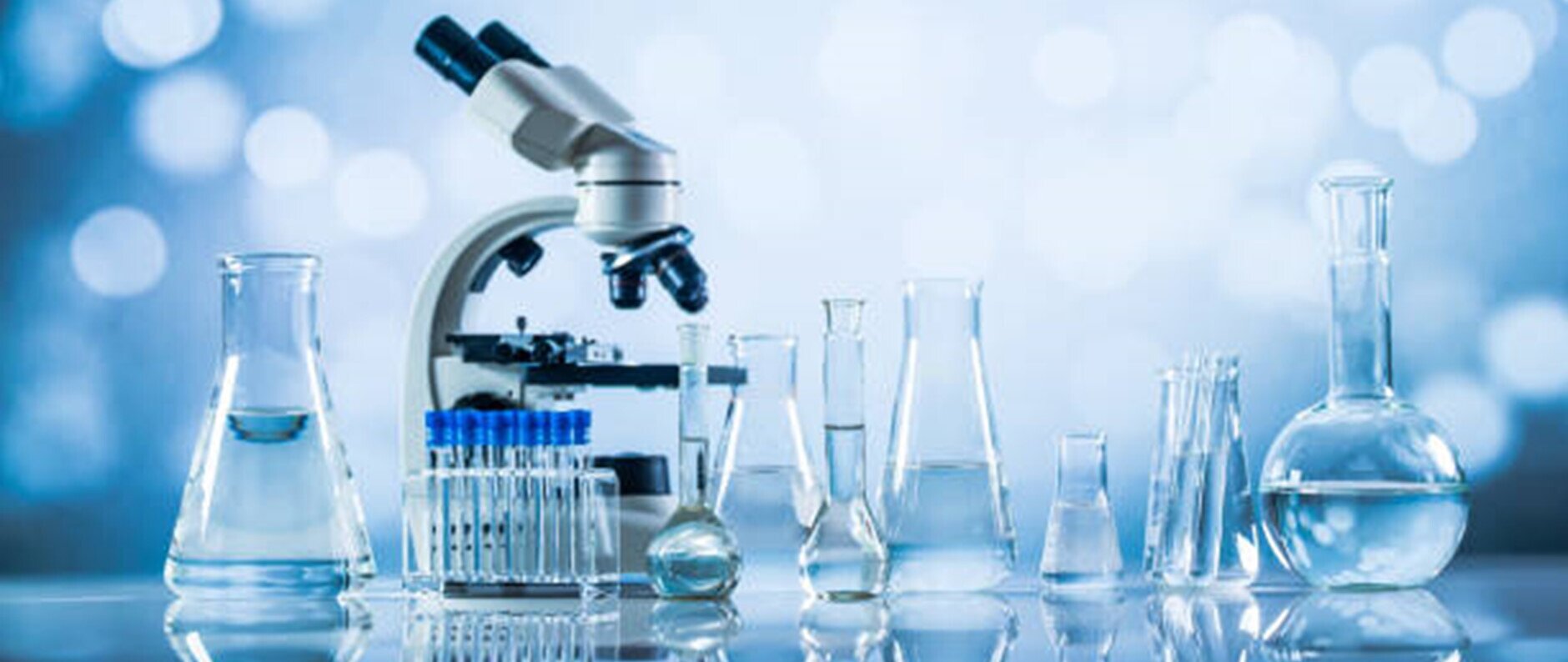Laboratory Technician/ Science Technician
Science technicians help scientists carry out research, testing and experiments in areas such as chemistry, earth sciences, aquaculture, life sciences and physical sciences. Technicians may be employed directly by an aquaculture company or a supporting research organisation, analytical lab or university.
What do Lab Technicians do at work?
- Collect and collate data for research.
- Prepare equipment, materials, products and specimens for experiments and surveys.
- Perform experiments and evaluate the results.
- Record experiments and results.
- Set up, operate and maintain laboratories for teaching and research.
- Help with or carry out field and site surveys and tests.
- Write reports and papers on research results.
- Maintain databases.
- Order laboratory supplies and equipment.
Skills and knowledge
- Knowledge of a science discipline such as biology, chemistry or physics.
- Skill in analysing and interpreting research results and other information.
- Practical skills for performing experiments and operating scientific equipment.
Qualifications
- To become a science technician, you need to have a relevant science or technology qualification.
- Some employers require you to have a New Zealand Diploma in Applied Science (Level 5 or 6), while others require a Bachelor of Science or a Master's degree in the relevant area of specialisation.
- A tertiary entrance qualification is required to enter further training. Useful subjects include Maths, Biology, Chemistry and Physics at NCEA L3.
Useful experience
- Experience in fields related to the area of science you wish to work in.
- Other science or laboratory work.
- Science undergraduates often gain experience by working in a laboratory part time while studying.
Progression
Senior Science Technician, Research Scientist.
